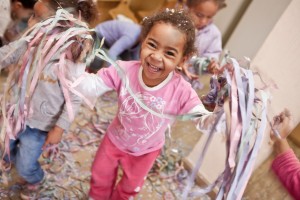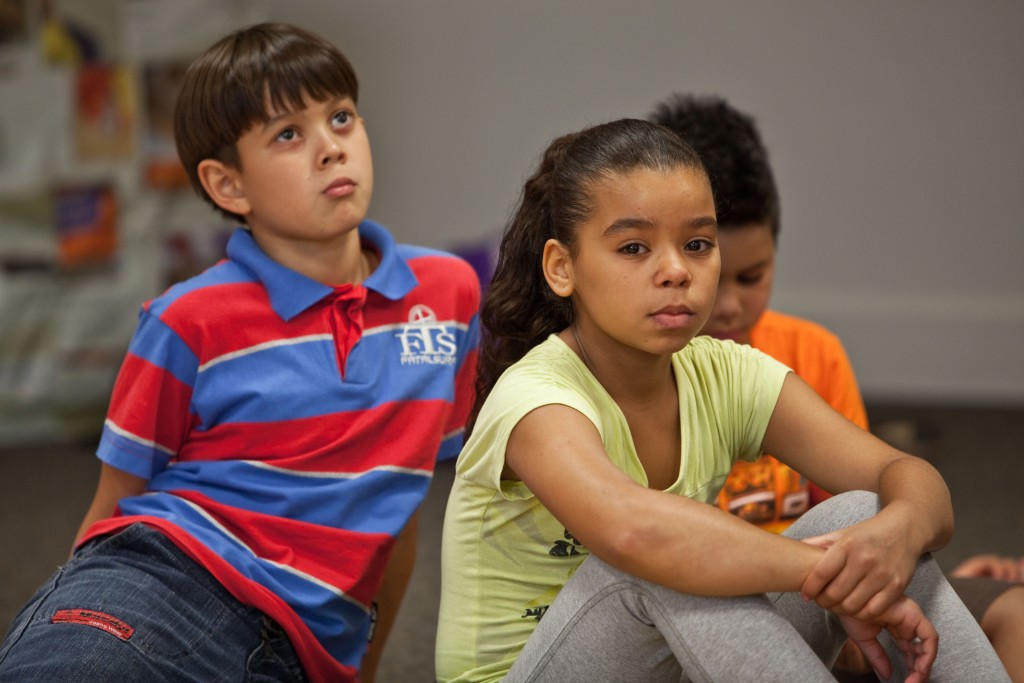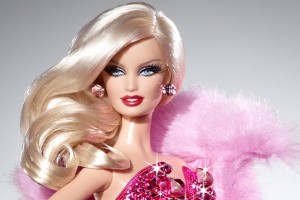If we appreciate what we are, if we keep our joy of life, someone will always like us. The council is part of the Criança é Vida (Child is Life) project Crescer com Valores (Growing Up with Values) – Our role for a better society. Created in 2015, it seeks to work self-esteem and the appreciation of himself among children aged 10 and 12 years old.

Being aware of one’s own value, respecting one’s physical characteristics and feeling good about oneself are concepts that are part of developing self-esteem. But to achieve it, one needs to start building it very early. It begins back with the first relationship with parents or caregiver. It extends throughout childhood and generally continues through the adult stage. What is said to children or even babies also has consequences on their self-image. Consequently, it is very important to watch what one says to them.
Regardless of how he/she is treated in the family environment, at day care or in school, every child is also exposed to socially established standards of beauty, often accepted without question. This occurs most strongly for women. To be considered “pretty,” almost always means also being thin and blond with straight hair.
In 2013, Brazil for the first time exceeded the United States in the number of plastic surgery procedures made. This shows how important the search for an ideal body shape is here. Breast augmentation was the intervention most sought by Brazilian women. The country also leads in the number of liposuctions (removal of localized fat in the body) and correction of fallen breasts.
It is in this environment, therefore, that our children are growing up and being formed. How will a girl imagine she needs to be as an adult to be considered a pretty woman? And why is it necessary to respect existing criteria?

Trying to answer these questions is what makes the role of adults even more important. Although they are also living in this same society of consumerism and worship of beauty, they are responsible for helping children build their self-esteem and develop a positive image of themselves.
According to data of the National Household Survey (PNAD), the black population in Brazil accounted for 53% of Brazilians in 2013. Nevertheless, this numeric representation does not come close to being repeated when the subject is the standard of beauty or consumer society. It is the thin, white models with European features that sell the concepts of beauty that are daily consumed on TV, the internet, in magazines, in the streets etc.
It is also that way in the toy stores where the star product is the blonde doll that has a lanky body and blue eyes.
In this aspect, it is black girls who end up suffering most. In addition to not being white, they also do not feel pretty, since they do not meet the established standards. It is also not unusual for them to be victims of derogatory comments in relation to their physical characteristics, such as frizzy hair, which contributes to increasing their feelings of inadequacy and reducing their self-esteem.
Black, 11 years of age, Soffia could be only one more girl representing this Brazilian reality. She has already suffered from prejudice and even already tried to adapt to the standards of beauty by straightening her hair… But it was then that she realized that she was not satisfied trying to be what she wasn’t. She saw that she could be different and still be happy.
The girl, who today is Mc, looked for her way of turning the tables through Hip hop. In an interview with Trip magazine, she tells a little of her story – one that could be that of many young Brazilians. Her mother’s encouragement played a fundamental role in the process of valuing differences and building self-esteem that Soffia went through.
Happy with her success as a singer and her own image, Soffia keeps her best essence alive: the happiness of being a child. In her song, “Brincadeira de Menina,” the young Mc – whose success has not transformed her into a miniature adult – celebrates, in addition to joy and fun, respect for differences instead of prejudice. A lesson for many adults!
Check out Mc’s interview on the Trip channel:
